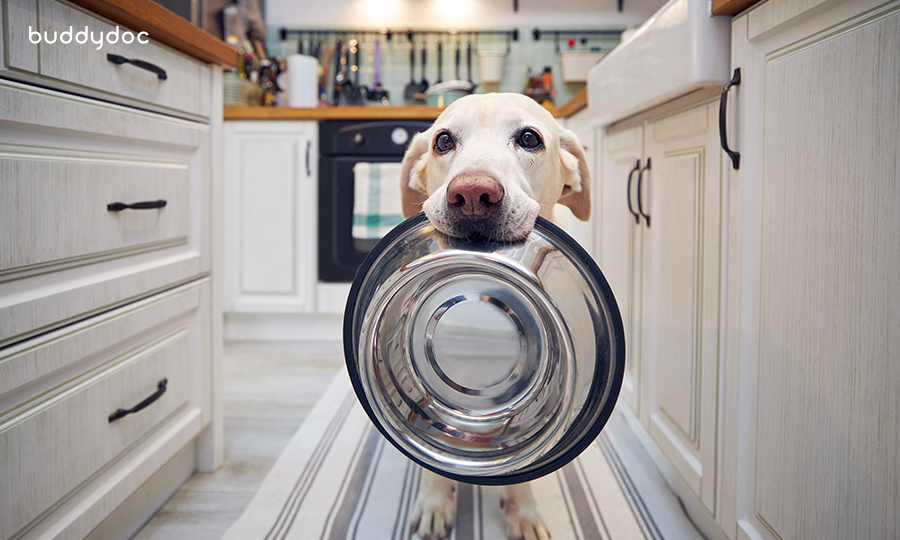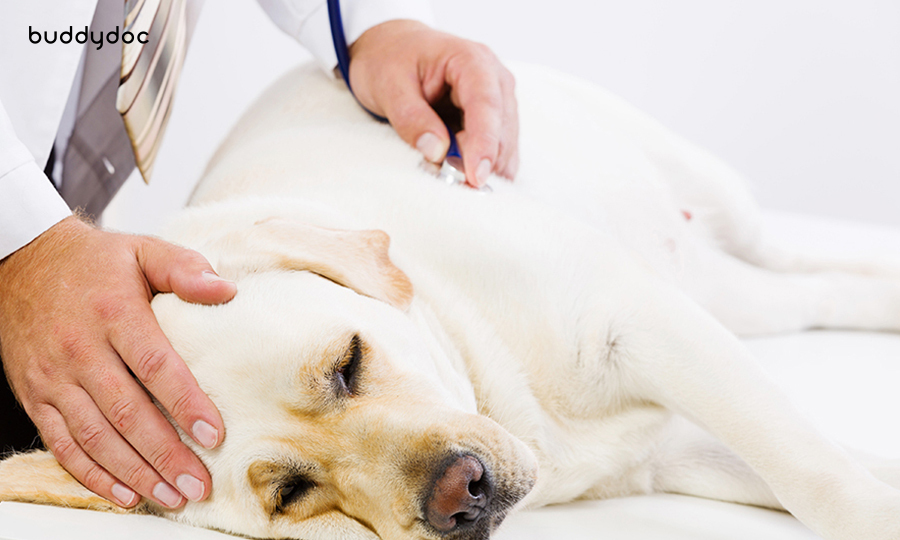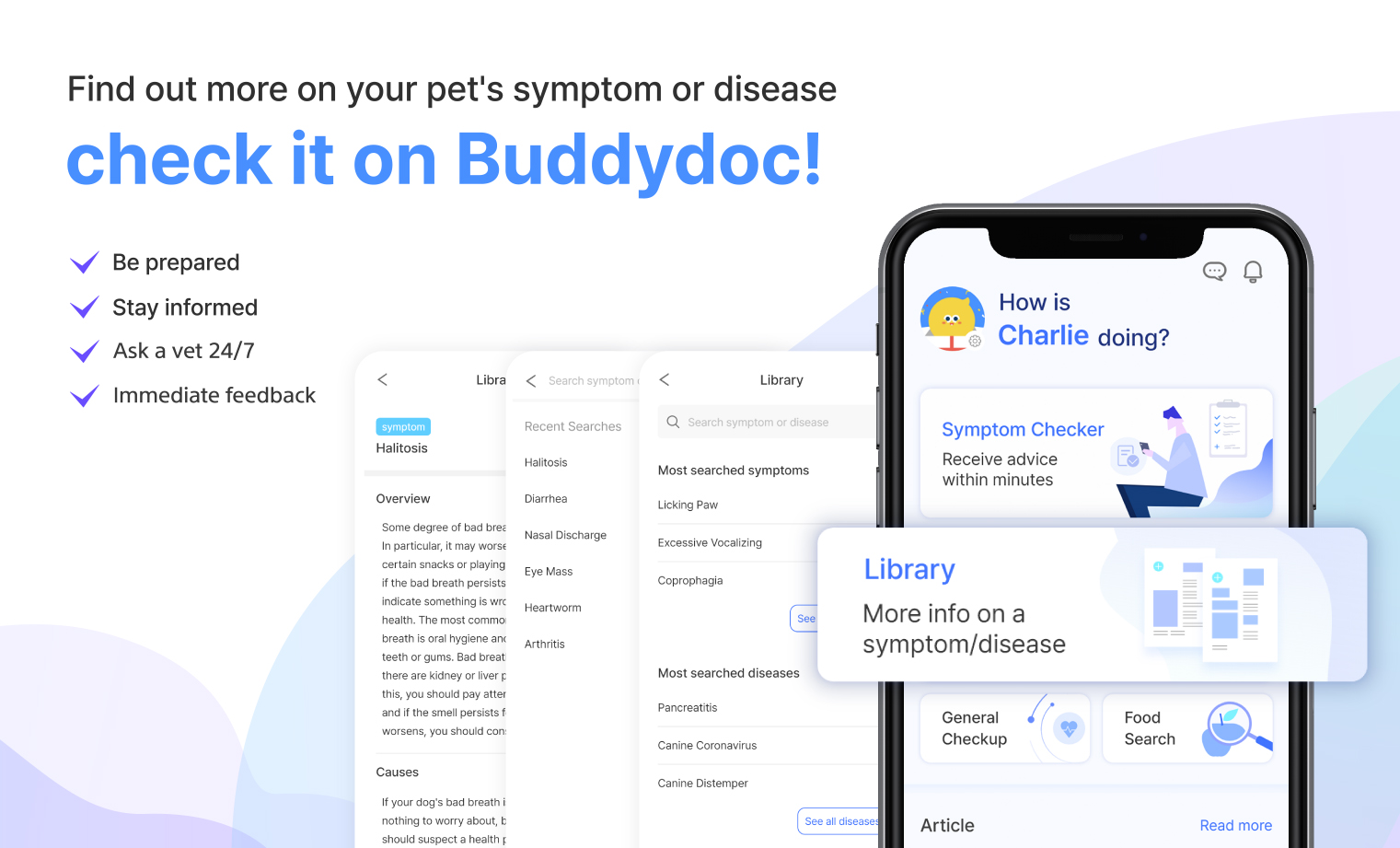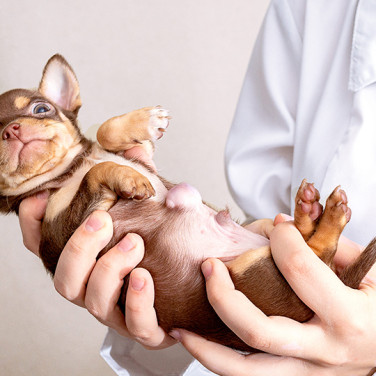DISEASES
Hyperthyroidism in Dogs - Causes, Symptoms, and Treatment Options
페이지 정보
본문


What is hyperthyroidism in dogs?
Hyperthyroidism is a rare condition in dogs caused by excess hormone production from the thyroid gland in the neck. Tumors, both cancerous and benign, along with diet, can contribute to this condition. Symptoms include increased appetite with weight loss, heightened excitement, rapid breathing and heart rate, excessive thirst, and increased urination and defecation. Diagnosis involves blood tests to measure hormone levels and identify tumors. Treatment typically aims to remove the tumor and restore normal thyroid function.
Causes of hyperthyroidism in dogs
The most common cause is a cancerous thyroid mass, either carcinoma or adenocarcinoma. Thyroid tumors can be found in abnormal places like under the tongue or at the base of the heart. Dogs on raw meat diets or consuming supplements with kelp or seaweed can also develop hyperthyroidism. Overmedication for hypothyroidism can lead to this condition as well.
Symptoms of hyperthyroidism in dogs

In the early stages of hyperthyroidism in dogs, symptoms may not be present or may be vague to notice. As their condition progresses, they may exhibit increased metabolism, resulting in hyperactivity and weight loss despite a large appetite.
The following symptoms may also appear if this condition is left untreated:
- A lump in the middle of the neck
- Increased appetite
- Weight loss
- Excessive excitement
- Rapid respiratory rate and heart rate
- Increased or more urination
- Increased bowel movements
- Diarrhea
- Vomiting
- Change in voice
- Facial swelling
Risk of hyperthyroidism in dogs
If your dog is experiencing weight loss despite an increased appetite or you notice a lump in their neck, there is a high possibility that your dog may be exhibiting early signs of hyperthyroidism. It is strongly recommended that you seek medical attention at a hospital for a thorough examination. The prognosis and quality of your pet’s life will be significantly greater if early diagnosis and treatment is established. There are breeds that are more prone to hyperthyroidism and may require extra attention such as Beagles, Boxers, Golden Retrievers, and Siberian Huskies.
Are there any home treatment options for hyperthyroidism in dogs?
Hyperthyroidism is a disease that requires professional treatment, so if you suspect symptoms in your dog, it is recommended to receive an accurate diagnosis from a veterinarian.
Diagnosing hyperthyroidism in dogs

To confirm hyperthyroidism, diagnostic blood work is recommended to measure thyroid hormone levels. Further testing is then conducted to determine the severity of the disease and identify the best treatment options for your dog.
-
Medical history and physical examination
The veterinarian will assess the symptoms as described by the guardian about the timing of the dog’s symptoms and how severe the symptoms are. A physical examination will be conducted to evaluate the heart rate, presence of a heart murmur, and body temperature. Palpation will confirm the presence of a lump in the neck area and ensure the surrounding lymph nodes are normal as well.
-
Blood test
Hyperthyroidism may be accompanied by abnormal symptoms, such as hypercalcemia, which can be better observed in blood tests. Blood test results can also serve as a means to assess the overall health suited for surgery or certain medications.
-
Urine test
A urine test can be used to rule out various diseases, including kidney disease, urinary tract infections, and diabetes, all of which can lead to symptoms like polyuria.
-
Imaging tests
Hyperthyroidism is primarily caused by tumors, and ultrasound can accurately assess the size and location of these tumors in the thyroid gland. If more detailed examinations are required, CT or MRI scans can be utilized, and imaging tests using radioactive isotopes may be performed to determine if thyroid tissue is present in the heart or other body parts. If hyperthyroidism is suspected to be accompanied by heart disease, echocardiography can be used to evaluate cardiac function.
-
Thyroid hormone test
Thyroid hormone testing entails the collection of blood to examine the concentration of thyroid hormones.
Treatment for hyperthyroidism in dogs
Surgery is usually the best option for treating thyroid tumors in dogs, as long as the tumor is small, easily movable, and hasn't spread to other areas. Additional treatments like chemotherapy, radiation therapy, and iodine therapy may be used depending on the tumor's stage, size, and impact on nearby tissue. If left untreated, thyroid tumors can grow and spread.
Detecting and treating the tumor early leads to better outcomes. However, advanced-stage tumors that have spread will present challenges in treatment. Hyperthyroidism caused by medication or excessive iodine intake can be resolved by adjusting the dosage.
Prevention tips for hyperthyroidism in dogs
There is no known way to prevent hyperthyroidism in dogs. If you notice a lump in their neck or your dog continues to experience persistent symptoms of hyperthyroidism as mentioned above, it is advisable to visit a hospital for early diagnosis and treatment.
Find out more about your dog’s symptoms and diseases on the Buddydoc app!

The Buddydoc library is filled with everything you’d want to know about each symptom and disease your pet may experience. If you would like to find out more about the causes, signs, treatments, preventions, and more for your dog’s disease. Try out the Buddydoc app and search for your pet’s symptoms or diseases in the Buddydoc library.













